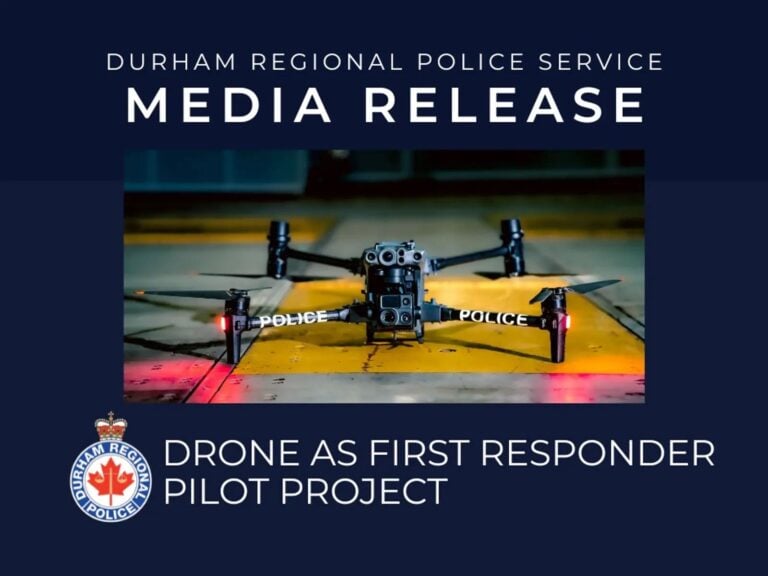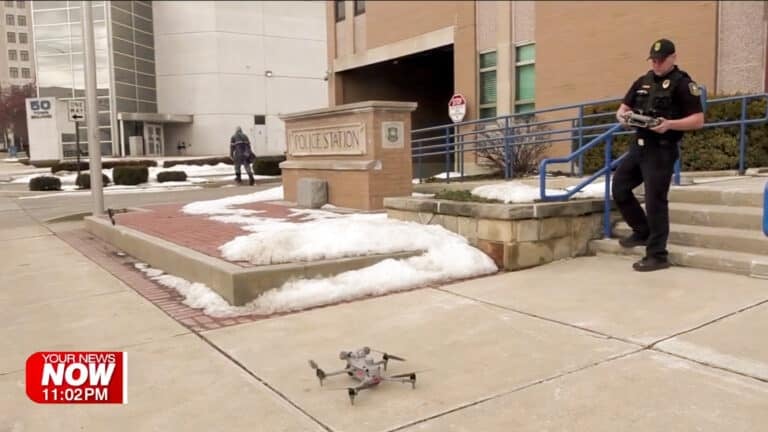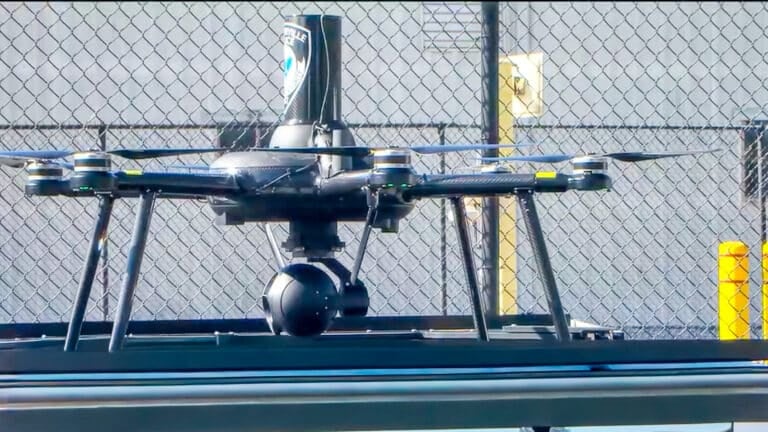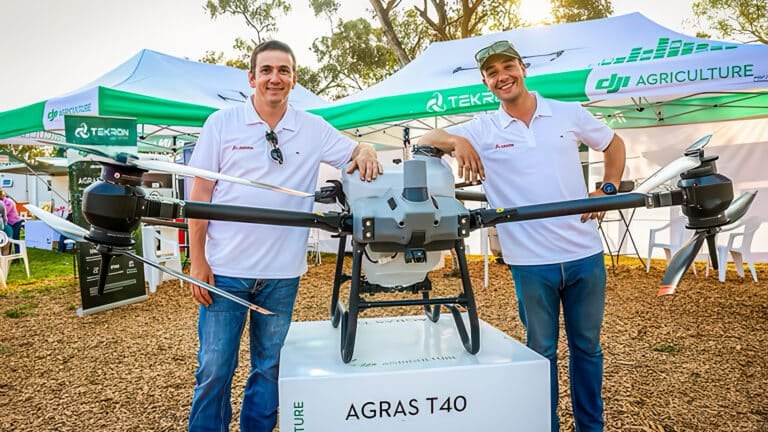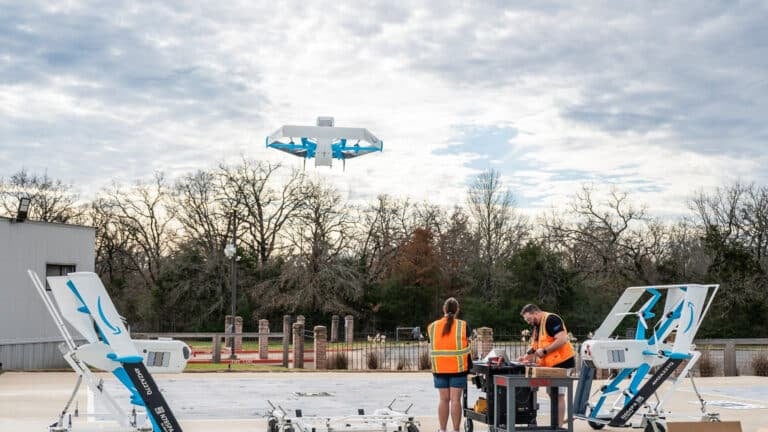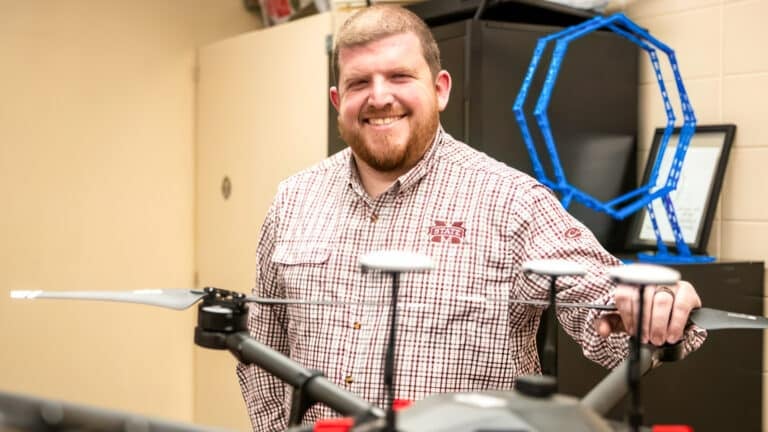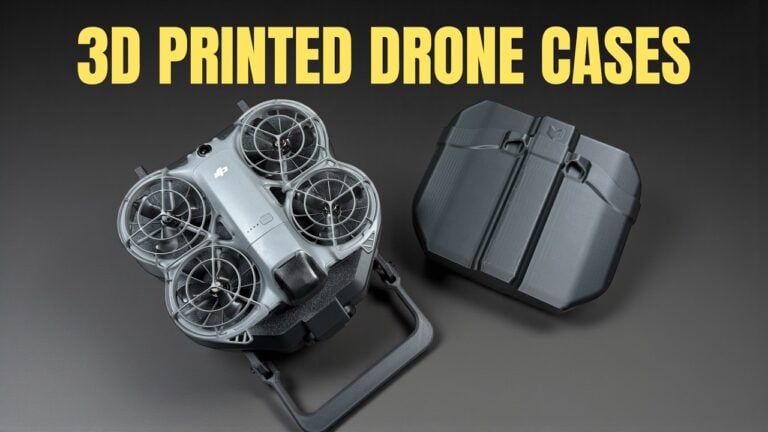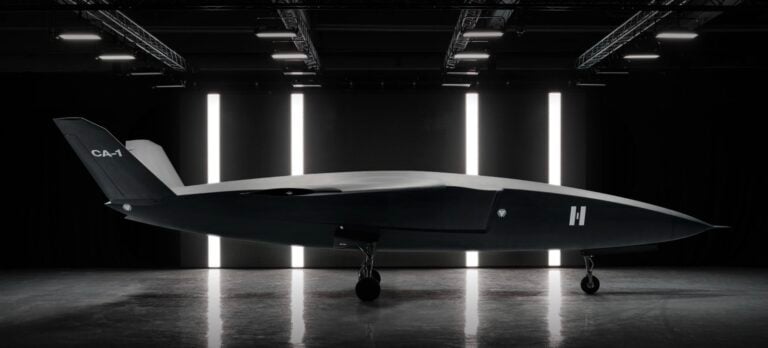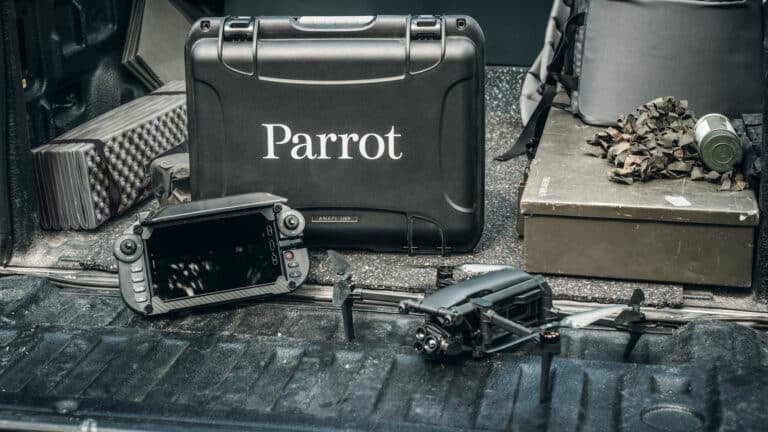Ukraine is Building a Shield of Interceptor Drones
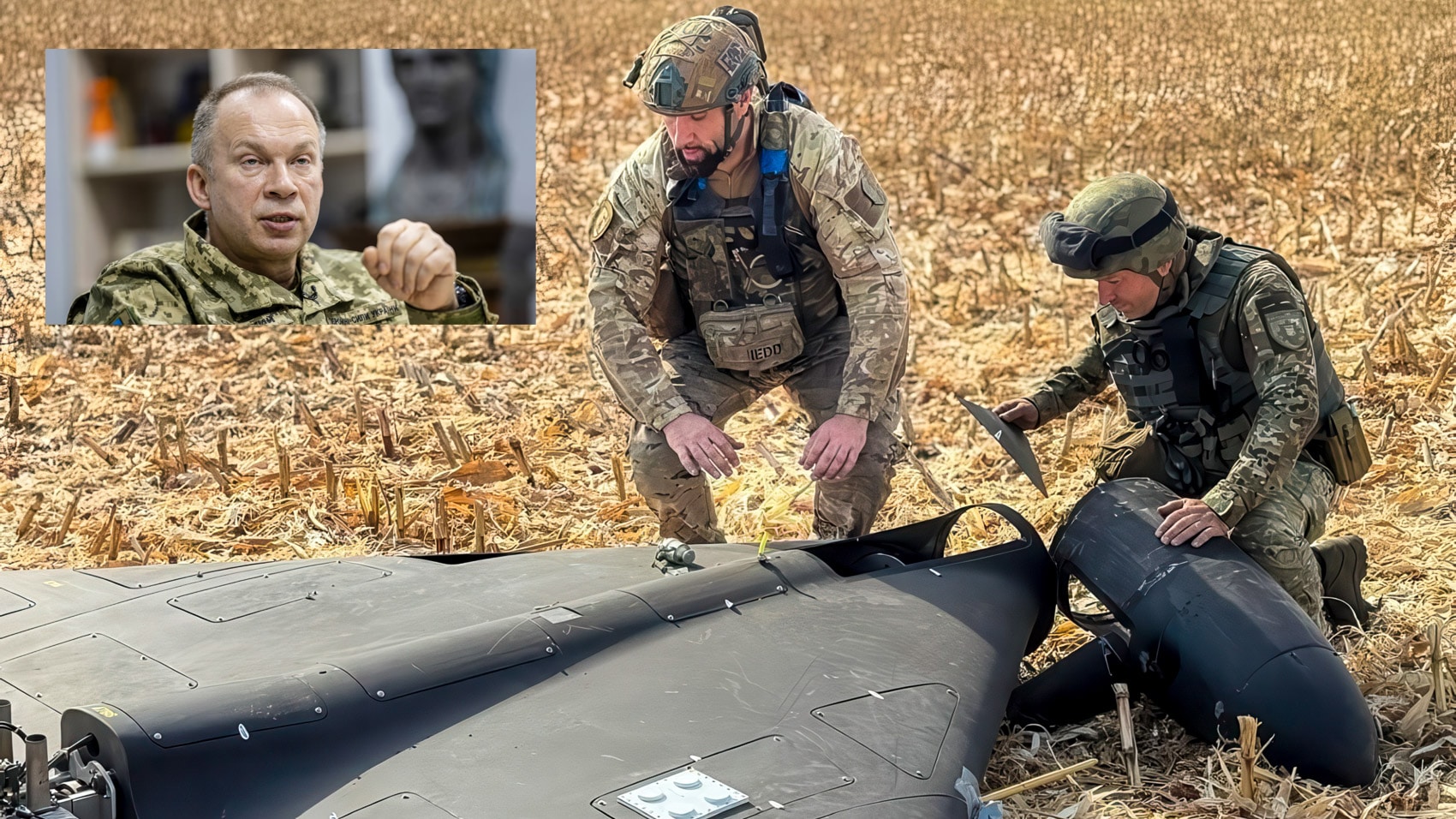
Check out the Best Deals on Amazon for DJI Drones today!
In the relentless aerial war over Ukraine, the math has become brutal. Russia is launching hundreds of cheap, deadly Shahed and Geran drones in massive nightly waves, forcing Ukraine to respond with air defense missiles that can cost millions of dollars apiece. It’s an unsustainable strategy. Now, as Reuters wrote about it, Ukraine’s top commander is going all-in on a smarter, cheaper, and more agile solution: a massive fleet of interceptor drones.
Commander-in-Chief Oleksandr Syrskyi has announced a major push to scale up the country’s “anti-Shahed” system, with a clear focus on FPV (first-person view) interceptor drones. It’s a strategic pivot, born from battlefield necessity, that is once again rewriting the rules of modern warfare.

The Nightly Onslaught
The scale of Russia’s drone assault is staggering. On a single night on September 3rd, Russia launched an incredible 502 drones and 24 missiles at Ukrainian cities. While Ukrainian defenses managed to down a remarkable 430 of those drones, the sheer volume of the attacks is designed to exhaust and overwhelm the country’s more expensive, traditional air defense systems.
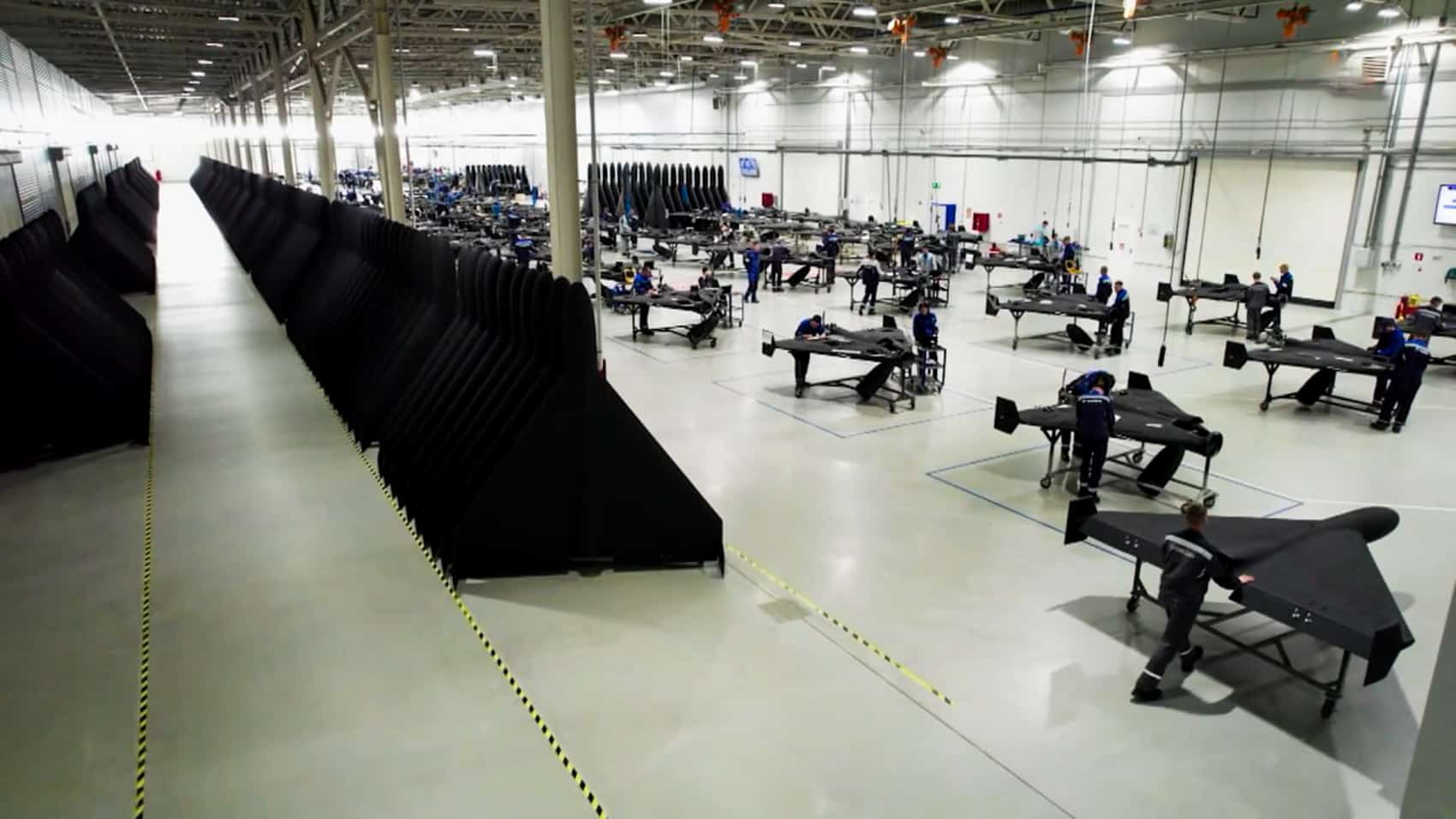
This is the problem Syrskyi is trying to solve. In a high-level meeting, he laid out a plan to build a layered defense with a heavy emphasis on these cost-effective interceptor drones. The goal is to train more crews, enhance radar detection, and deploy these flying hunters across the country to protect civilians and critical infrastructure.
The FPV Aces of the 1129th Regiment
The stars of this new strategy are the FPV pilots. These are not autonomous, push-button systems. These are highly skilled operators who wear FPV goggles to see from the drone’s perspective, manually flying their high-speed interceptors to hunt down and destroy enemy drones.
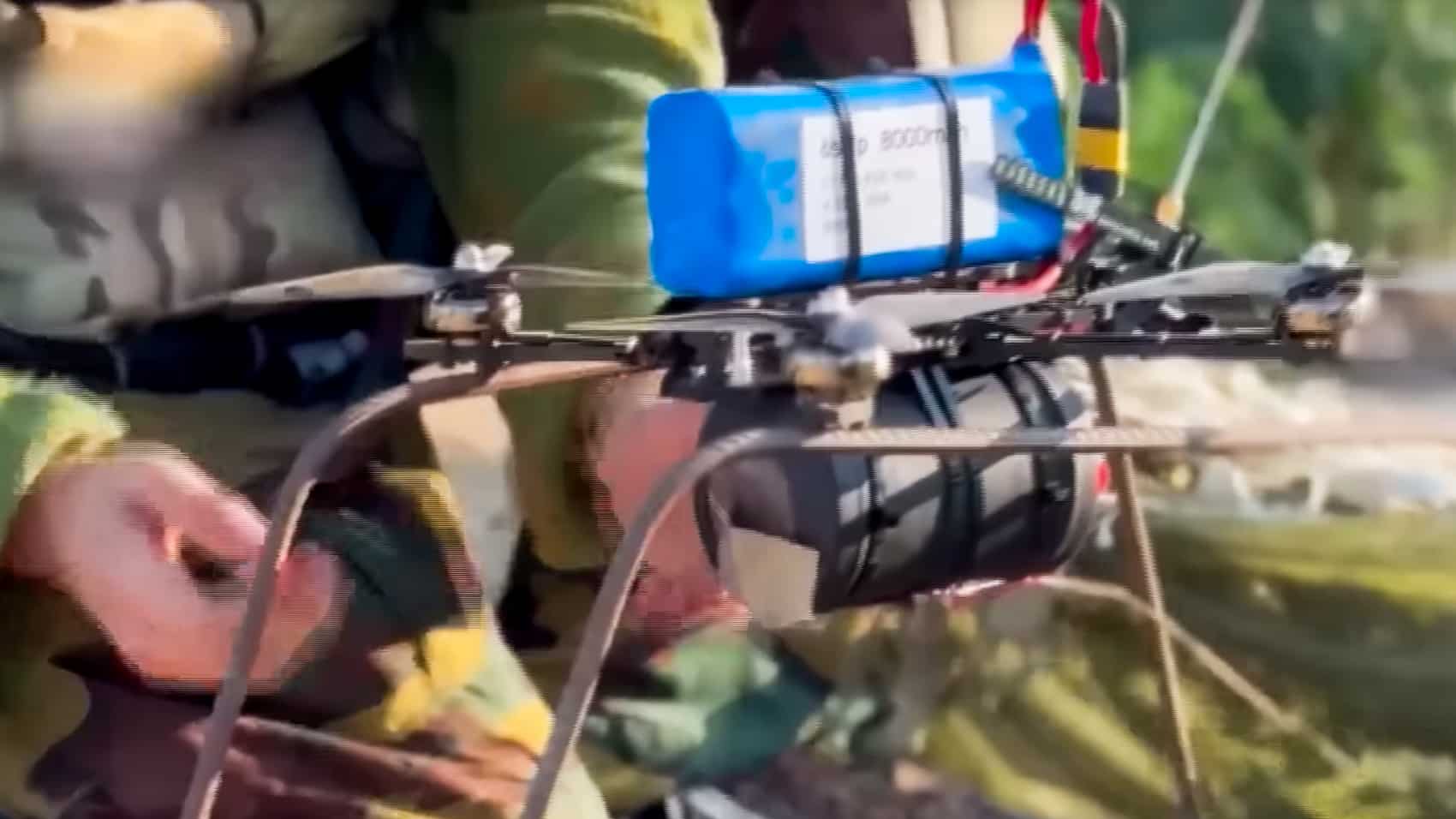
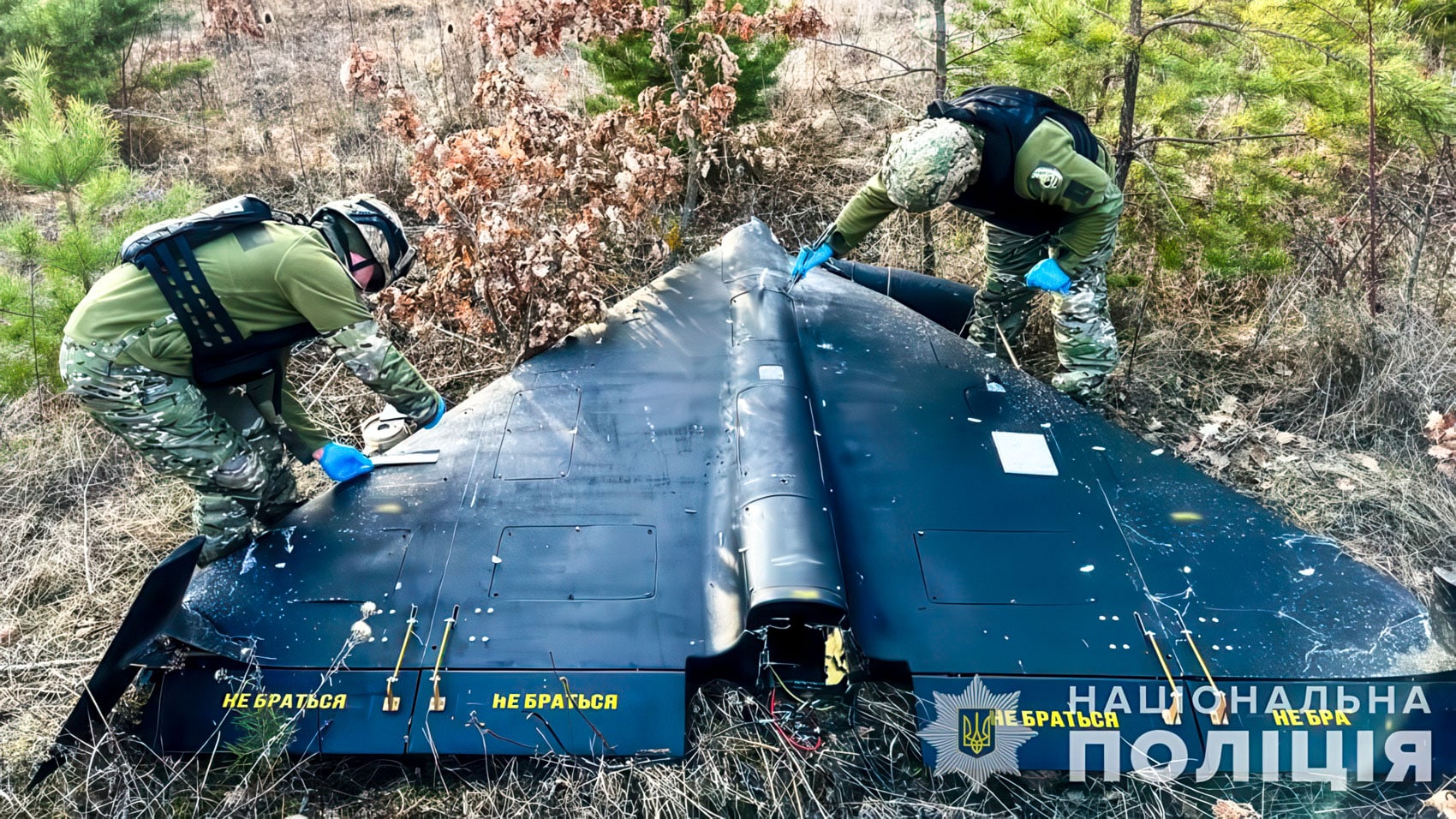
Units like the 1129th Bilotserkivskyi Anti-Aircraft Missile Regiment have become experts at this new form of aerial combat. Their FPV drones are stripped-down, purpose-built machines designed for one thing: speed. They can chase down a Shahed, which flies at around 300 km/h, and destroy it by ramming into it or detonating a small explosive charge.
This is a story of incredible human skill. It’s a 21st-century dogfight, requiring lightning-fast reflexes and nerves of steel, all performed from the ground.
From Hobbyist Rigs to a National Defense Strategy
What’s truly remarkable about this is how quickly Ukraine’s drone culture has evolved. The war has transformed a vibrant community of FPV hobbyists and racers into a massive, decentralized weapon-development ecosystem. Groups like the charity Wild Hornets have reportedly taken down over 1,500 Russian drones using their own interceptor designs.
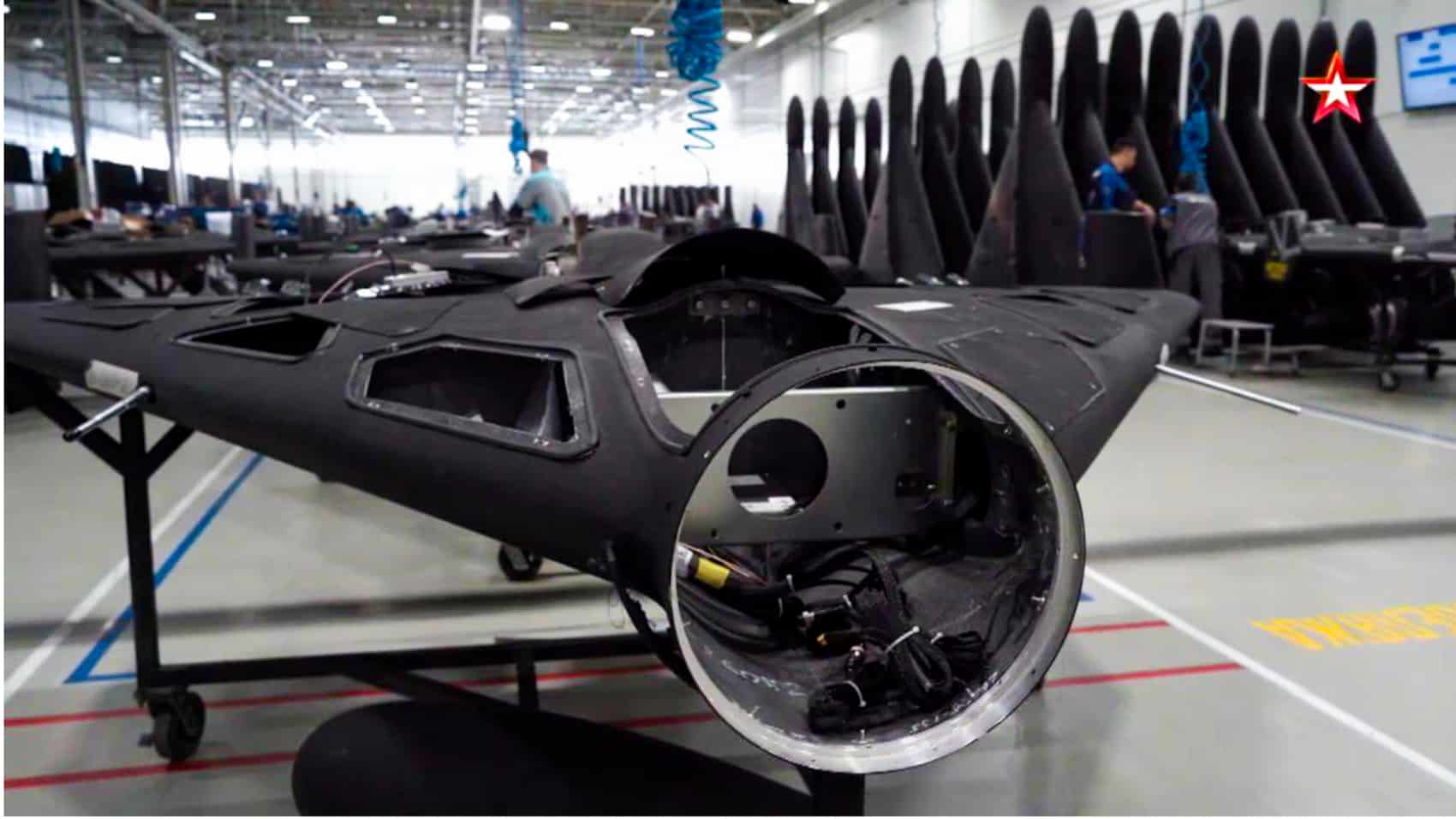
This scrappy, DIY ingenuity is now being scaled into a national strategy. Ukraine is reportedly producing tens of thousands of FPV drones every single month, harnessing the creativity of its people to build a cost-effective shield against a much larger adversary. It’s a powerful example of how accessible drone technology has leveled the playing field.
DroneXL’s Take
The sheer skill and bravery of these Ukrainian FPV pilots is almost hard to comprehend. As someone who has spent thousands of hours flying, I can tell you that the precision required to intercept a fast-moving aircraft in the dead of night, under the immense pressure of a real-world attack, is just extraordinary. These pilots are true aces.
“Real talk,” the challenges of scaling this strategy are monumental. Training enough pilots to match the massive production of drones is a huge logistical undertaking. And as we all know, battlefields are chaotic environments, full of signal jamming and other electronic warfare that can ground even the most experienced pilot.
But what’s so inspiring here is the spirit of innovation. This isn’t a story about a top-down, multi-billion dollar defense program. This is a story of a nation harnessing the passion and ingenuity of its own people. They are taking a technology that we in the community have always loved for its freedom and agility, and they are turning it into a literal shield for their country.
This is the bleeding edge of drone evolution, happening right before our eyes. It’s a powerful, if grim, reminder that the next great leap in technology often doesn’t come from a pristine lab, but from the crucible of necessity. It’s a testament to the power of a good idea and a skilled pilot.
Photographs courtesy of Reuters.
Discover more from DroneXL.co
Subscribe to get the latest posts sent to your email.
Check out our Classic Line of T-Shirts, Polos, Hoodies and more in our new store today!

MAKE YOUR VOICE HEARD
Proposed legislation threatens your ability to use drones for fun, work, and safety. The Drone Advocacy Alliance is fighting to ensure your voice is heard in these critical policy discussions.Join us and tell your elected officials to protect your right to fly.
Get your Part 107 Certificate
Pass the Part 107 test and take to the skies with the Pilot Institute. We have helped thousands of people become airplane and commercial drone pilots. Our courses are designed by industry experts to help you pass FAA tests and achieve your dreams.

Copyright © DroneXL.co 2026. All rights reserved. The content, images, and intellectual property on this website are protected by copyright law. Reproduction or distribution of any material without prior written permission from DroneXL.co is strictly prohibited. For permissions and inquiries, please contact us first. DroneXL.co is a proud partner of the Drone Advocacy Alliance. Be sure to check out DroneXL's sister site, EVXL.co, for all the latest news on electric vehicles.
FTC: DroneXL.co is an Amazon Associate and uses affiliate links that can generate income from qualifying purchases. We do not sell, share, rent out, or spam your email.




